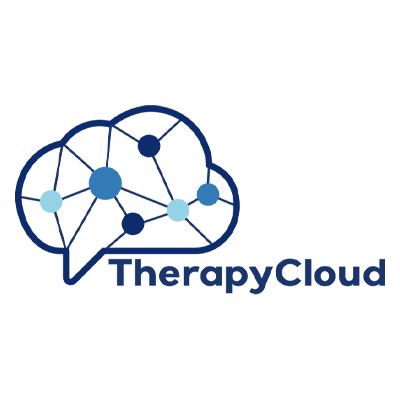The Future of Therapy: How Online Platforms Are Changing the Industry

As technology reshapes nearly every aspect of our lives, mental health care is entering a powerful new chapter. Online platforms for therapists are not just enhancing how they manage their practices. They are also redefining how therapy is delivered, accessed, and experienced.
For therapists, this shift is a great opportunity! Whether you are a solo practitioner or part of a group practice, understanding and embracing these digital tools for mental health professionals can help you streamline your workflow, reduce burnout, expand your reach, and better serve your clients.
Here is a closer look at how digital platforms are transforming the future and landscape of therapy.
Why the Shift to Digital Therapy Is Happening Now
The demand for mental health care has never been higher. At the same time, the traditional therapy model that relies heavily on in-person sessions and manual administrative work is struggling to keep up with this growing need.
Several key factors are driving the transition to digital platforms:
- Telehealth normalization: The COVID-19 pandemic accelerated the adoption of teletherapy, and clients now expect remote access as a standard option.
- Therapist burnout: Many therapists are overwhelmed by the business side of running a practice. Manual scheduling, billing, documentation, and marketing can become time-consuming and draining, which leads to burnout.
- Evolving client expectations: Today’s clients want flexibility and convenience. They expect therapy that fits into their lives, not the other way around.
These changes have opened the door for digital platforms to offer smarter, more efficient solutions. What once required juggling multiple tools and systems can now be managed from one secure, streamlined hub.
What Digital Platforms Bring to the Table
Online therapy platforms for therapists go far beyond video sessions. Today’s solutions are often comprehensive ecosystems that support every aspect of private practice. From streamlining admin tasks to collaborating with other professionals, here are the key advantages they offer that traditional methods simply cannot match.
Centralized Practice Management
Digital platforms bring all your essential tools into one secure space, from HIPAA-compliant documentation to tracking your CE requirements and progress, making daily operations smoother and more efficient.
Wider Reach
They make it easy for potential clients to discover your profile, explore your specialties, and reach out directly. This increased visibility helps you connect with the “right” client who is looking for you specifically, allowing you to grow your practice with less effort.
Built-in Marketing and Growth Tools
With built-in marketing features, a digital platform for mental health professionals makes it easier to create and share valuable content, manage events, and promote services—all from one place and the comfort of your own home (or office). These tools help streamline marketing efforts, build reputation, and even generate passive income through courses or downloadable resources.
Therapist Community and Collaboration
With the rise of technology in mental health, it has become easier for therapists to connect, collaborate, and grow together. By engaging in peer forums, sharing resources, and participating in collaborative spaces, they can expand their professional network, exchange insights, and reduce the isolation that often comes with private practice specifically.
The Positive Impact of Digital Tools for Mental Health on Clients
Online therapy platforms are not only enhancing the way therapists work but also improving the overall experience for clients. Clients can easily find therapists who match their needs based on specialties or availability. Feedback systems allow them to make informed decisions based on others' experiences, boosting trust and confidence in their choice of therapist. Some digital platforms for mental health clients also give them access to valuable resources, such as worksheets, courses, and educational content, which help them stay engaged, knowledgeable, and supported between sessions. These features make therapy more accessible, personalized, and convenient for those who are looking for a more seamless, client-friendly experience.
Staying Ethical, Legal, and Accessible
As technology in mental health advances, ethical and legal standards must evolve alongside it. This means rethinking how we approach privacy, boundaries, and accountability in digital spaces.
- Compliance and privacy: Always use platforms that are HIPAA-compliant and built with robust security measures to protect client data.
- Licensing across states: While some platforms offer features to help therapists work across state lines, legal requirements still vary. It is important to understand the regulations in your region and for your credentials.
- Equity and access: Make sure that your digital services are accessible to clients with varying levels of technology access or comfort. Offering guidance and tech support can make a big difference.
Final Thoughts: Embrace the Future on Your Terms
The future of therapy is not about losing the human element. It is about gaining tools that make your work more meaningful, more manageable, and more impactful.
Digital platforms like TherapyCloud are helping therapists like you take back your time, reduce stress, and deliver higher-quality care.
Whether you are just starting out or looking for a better way to grow, these online therapy platforms offer a new path forward: one that is flexible, empowering, and built with your well-being in mind.


.png)

